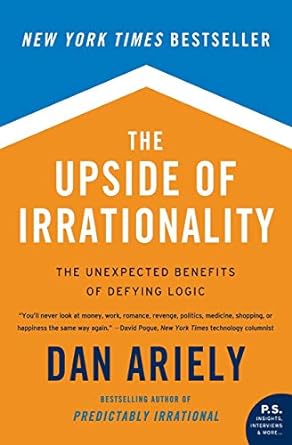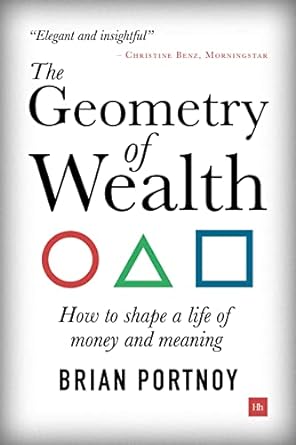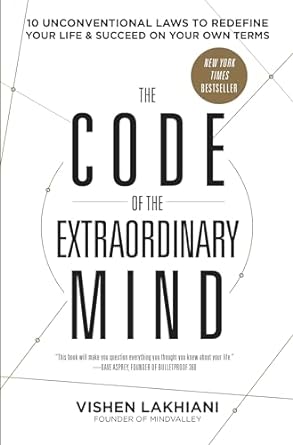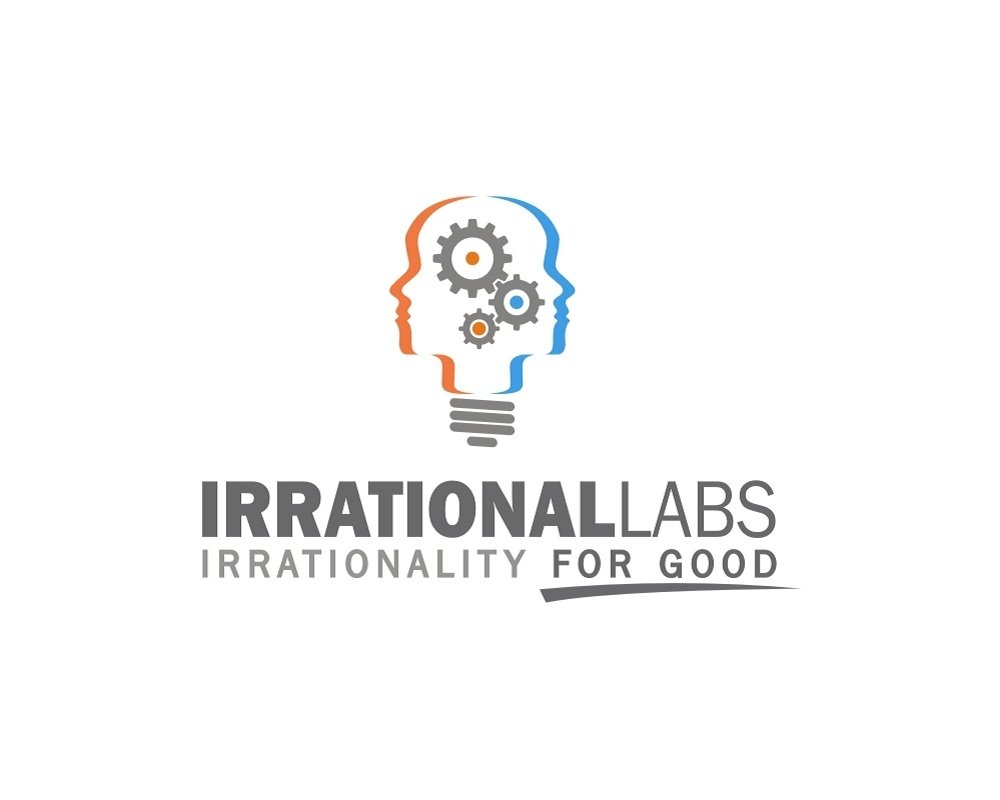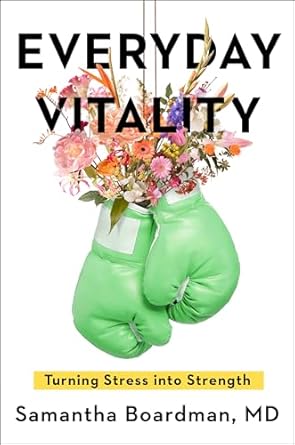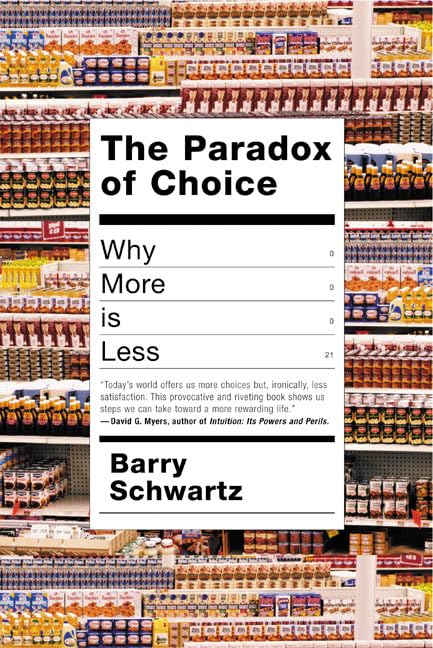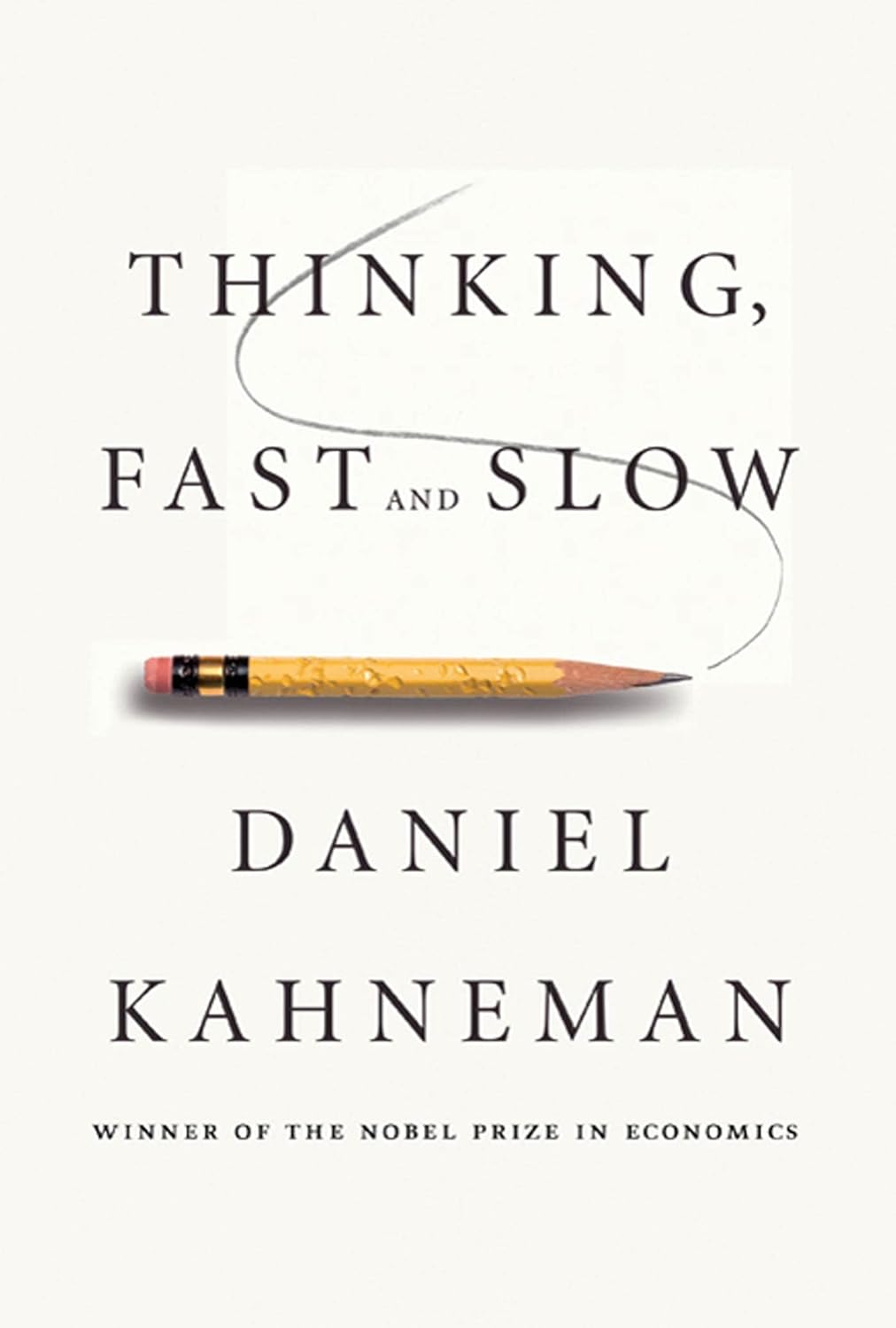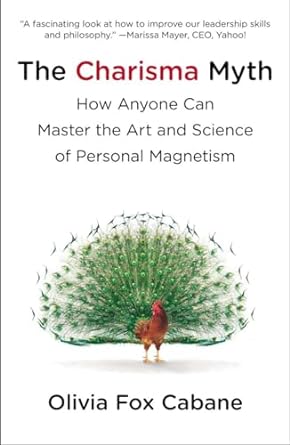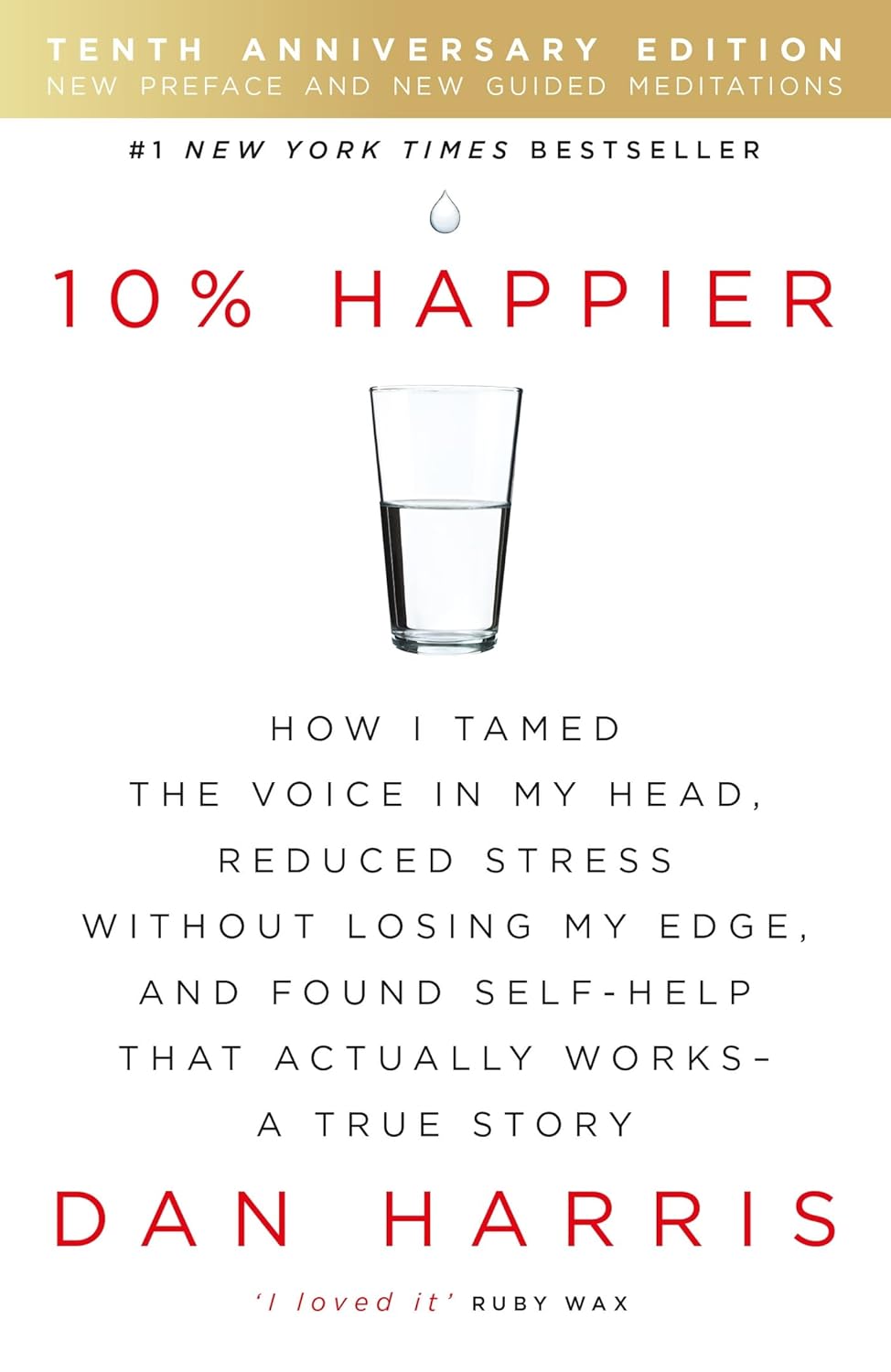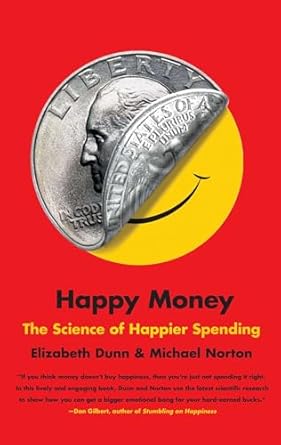Hedonic Adaptation
The tendency for humans to return to a relatively stable level of happiness after good or bad events that temporarily change happiness levels.
Examples:- The immediate high after new purchases fades quickly.
- The "honeymoon period" in relationships.
Key Insights & Principles
Happiness & Decision Making
Insights:- Over time, individual events tend not make us as happy or sad as we think.
- Humans can conceive of the future, but poor at predicting how we will respond to new circumstances.
- We have a tendency toward escalating material purchases looking for happiness, but the good feelings quickly wear off.
- We quickly get used to new things, and change our reference point.
- Experiences rather than things are more immune to hedonic adaptation as we can more easily revisit them in our memories.
- We often take things for granted.
- Abundance can undermine our enjoyment of things.
- Practice gratitude; forgiveness; and giving.
- Space out pleasurable activities.
- Consume small amounts more frequently over big amounts less frequently.

